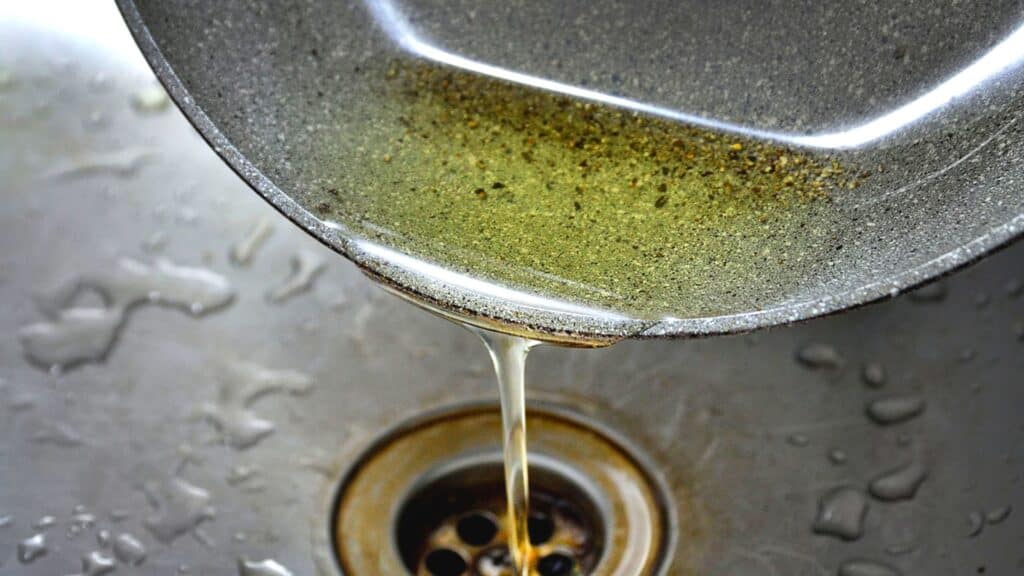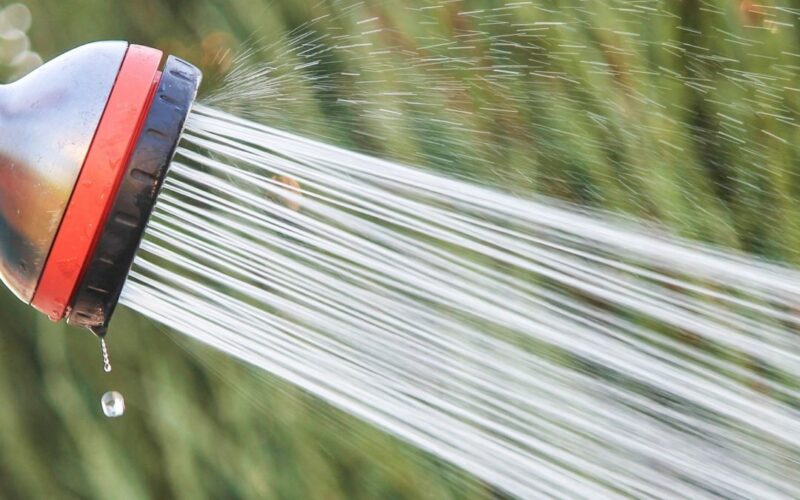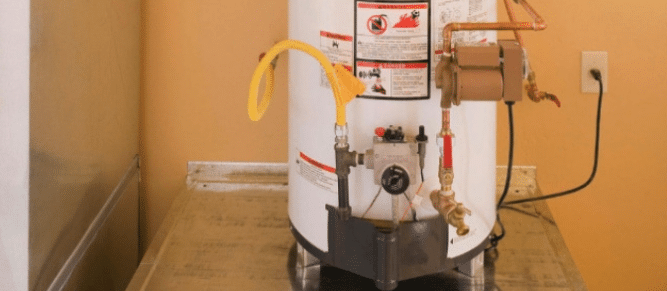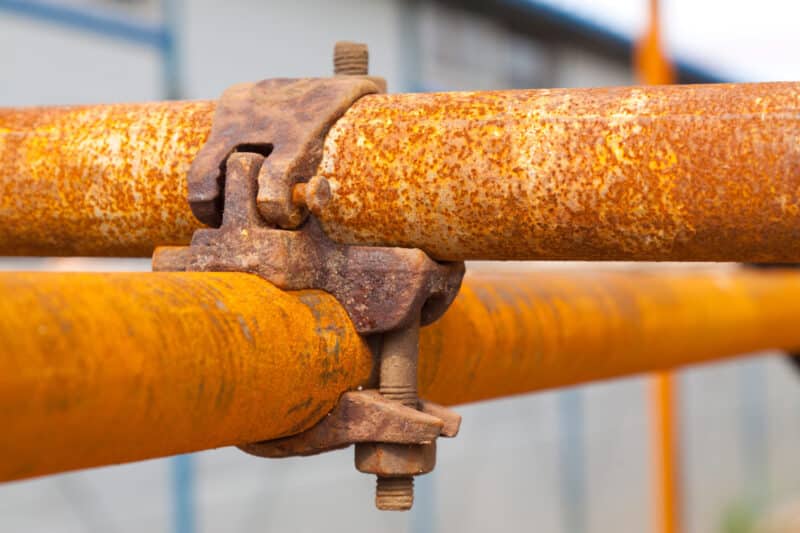After a delicious meal, the question of what to do with leftover cooking oil often arises. For many, the most convenient option is to pour it down the drain. However, this common practice can lead to costly plumbing issues and environmental concerns. Here, we’ll explore the dos and don’ts of disposing of cooking oil to help you make an informed decision.
The Don’ts: Why You Shouldn’t Dump Cooking Oil in the Drain
- Pipe Clogs: Pouring hot cooking oil down the drain may seem harmless, but as it cools and solidifies, it can stick to the walls of your pipes, accumulating over time and leading to clogs. These clogs can impede water flow and result in slow drainage or even backups.
- Environmental Impact: When oil enters the sewage system, it can pose environmental risks. Sewage treatment plants are not designed to handle large amounts of grease and oil. This can lead to contamination of waterways, harm aquatic life, and increase treatment costs.
- Odor and Bacteria: Oil and grease can create foul odors in your plumbing system. Additionally, they provide a breeding ground for harmful bacteria, which can exacerbate the problem and affect your household’s health.
- Costly Repairs: Over time, oil buildup in pipes can cause severe damage, leading to expensive plumbing repairs. Fixing clogs or replacing sections of your plumbing system can be a significant financial burden.

The Dos: How to Properly Dispose of Cooking Oil
- Cool and Contain: Allow the used cooking oil to cool completely. Then, transfer it into a sealable, non-recyclable container. Use a jar or an old coffee can, and make sure the container is tightly sealed.
- Recycle or Dispose: Check your local recycling programs for options to recycle cooking oil. Some areas offer recycling centers where you can drop off used oil for proper disposal. Alternatively, contact your local waste disposal services to inquire about their guidelines.
- Reuse or Dispose of Solids: If you have used cooking oil with solids, such as bits of food, strain it through a fine mesh sieve before storing or disposing of it.
- Grease Disposal Services: Some regions provide dedicated grease disposal services. Contact your local sanitation department to learn if such services are available in your area.
In conclusion, dumping cooking oil down the drain is a practice that should be avoided due to its adverse effects on plumbing systems and the environment. Proper disposal, such as recycling, can help mitigate these issues while ensuring a more sustainable approach to managing used cooking oil. By following the dos and don’ts of cooking oil disposal, you can maintain the functionality of your plumbing and minimize your environmental footprint.
At Homex Plumbing, we provide exceptional drain cleaning services. If you’ve encountered any issues with your drain, don’t hesitate to give us a call. Our services cover the areas near Los Angeles, Fullerton, Irvine, and Anaheim.
Follow us on Instagram: @homex.plumbing
Follow us on X: @PlumbingHomex





